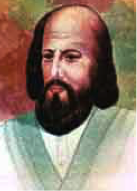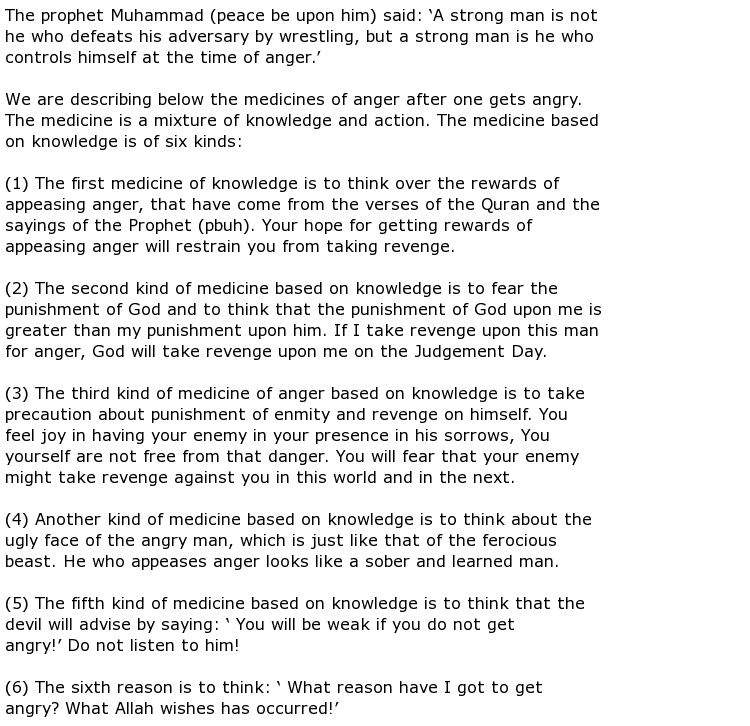 The Persian medieval theologian and mystic, and occasional poet, is also commonly referred to as Al-Ghazali or Algazel by historians in the western world. Such was this man’s fame and influence that many rank him second only to the Islamic prophet Muhammad in the Muslim world. Conversely, some critics saw his movement from science to faith as detrimental to Islamic scientific progress.
The Persian medieval theologian and mystic, and occasional poet, is also commonly referred to as Al-Ghazali or Algazel by historians in the western world. Such was this man’s fame and influence that many rank him second only to the Islamic prophet Muhammad in the Muslim world. Conversely, some critics saw his movement from science to faith as detrimental to Islamic scientific progress.
He was born in 1058; his place of birth, a town called Tus in the Khorasan, one of the provinces of Persia, which is now part of Iran. The son of a traditional Sufi, he was raised by a friend of the family when his father died. At the age of twelve he went to Gurgan for enrolment in a madrassah. His education here covered Islamic jurisprudence and he remained at this school for seven years before returning home to Tus.
By his mid-twenties, Al-Ghazali had been invited to the court of the powerful vizier of the Seljuq sultans, one Nizamul Mulk Tusi. He impressed with his academic knowledge and was appointed chief professor in the Nizamiyya of Baghdad. Here he found himself lecturing to 300 students or more and his fame soon spread as a popular speaker on Islamic subjects. A few years later though he had a spiritual crisis which caused him to withdraw from this career and set off on a pilgrimage to Mecca.
He travelled as a poor Sufi, having disposed of all of his wealth. His travels took him via Damascus and Jerusalem and included visits to Medina and Mecca. By1096 he was back home again in Tus and lived a life of seclusion for some years. This was only broken when he conducted a short period of lecturing at the Nizamiyyah of Nishapur in 1106. Following this he returned to Tus and remained there until his death in the year 1111.
Al-Ghazali wrote some poetry during his periods of quiet contemplation though it is unclear if any of it was for publication at the time. Below is an extract from a prose poem that he wrote called:

His philosophy is that the:

…and that medicine is based on six kinds of knowledge. Here is the extract:

Before adopting the humble role of a poor Sufi, Al-Ghazali worked hard to change the course of Islamic philosophy, bringing what was seen as orthodox Islam at that time closer to Sufism. It was all done without conflict though with some theologians and mystics having one view, and others the opposite view. Importantly though all had a mutual appreciation of each other’s practices. It should be noted that his work was significantly responsible for the integration of Sufism into mainstream Islamic thinking.
Al-Ghazali belonged to a school of thought that rejected the teachings of Greek philosophers such as Aristotle and Plato and his book The Incoherence of the Philosophers put forward he strong belief that almost everything that happens, whether accidentally or not, is because of the immediate and present will of God.
Abu Hamid Al-Ghazali died in December 1111, aged 53

